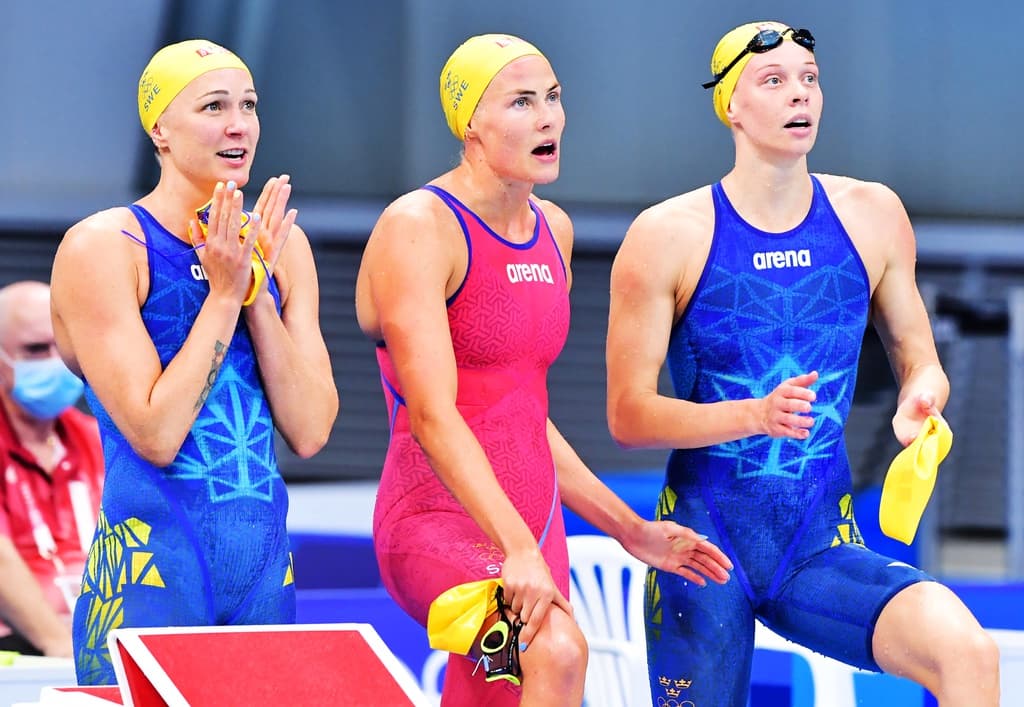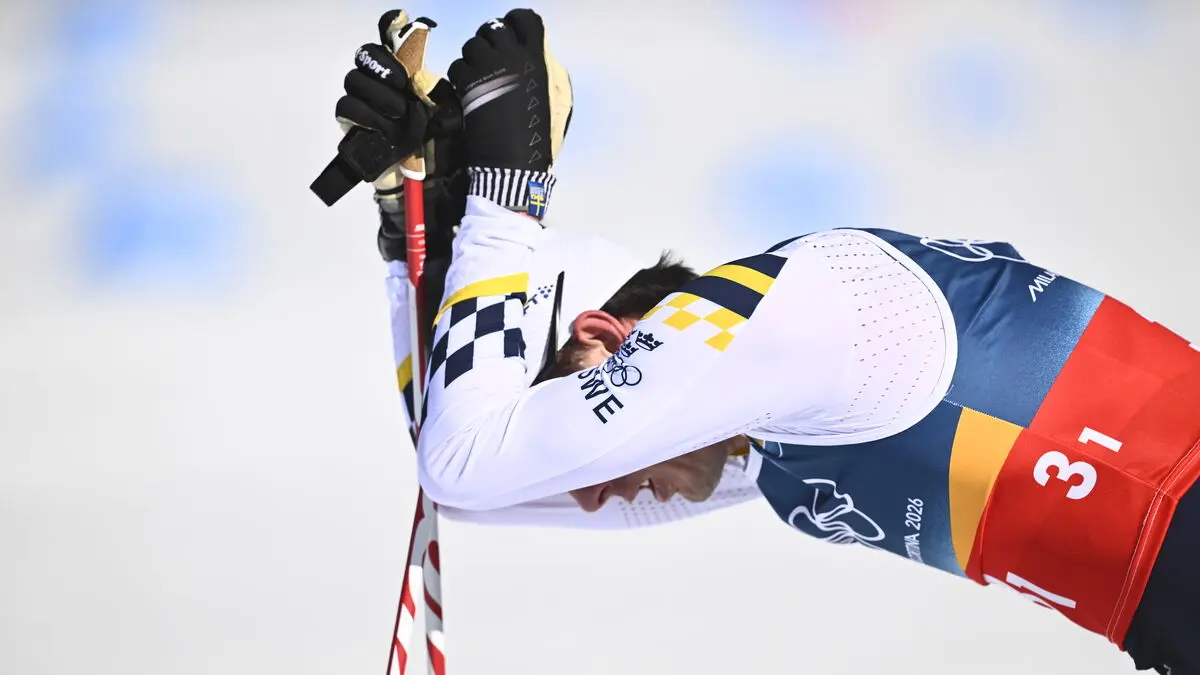For the first time in Olympic history, the Paris Olympics will have an equal number of women and men competing.
It's a sign of the times, says Daniel Alsarve, associate professor of sports science and expert on equality.
128 years after the first Olympic Games, in Athens 1896, this year's Olympics will have an even distribution between female and male participants.
In some way, it shows that the International Olympic Committee has understood the value of letting an equal number of women and men compete. It signals something positive, says Daniel Alsarve, associate professor of sports science and expert on equality, and continues:
Then there's always a risk that you become satisfied and reduce the equality issue to just having an equal number. Still, there are vastly different conditions for men and women on the way to an Olympics.
"Reflects how it should be"
It can't be stated that the Paris Olympics are equal just because the distribution between the sexes is even. That's what Håkan Larsson, sports and gender researcher, says.
Other factors play in. You have to remember that the Olympics are not one thing, but a collection of several different sports, where the conditions look very different between sports – and between women and men in different sports, says Håkan Larsson.
That an equal number of women and men are competing in Paris, he still sees as positive.
I think it reflects the views that exist on how it should be. The number reflects in some way the opportunities and conditions you have. It's positive that it's equal, it's an indication that things have changed over time, Larsson continues.
And certainly, things have happened. In 1924, the last time the Olympics were held in Paris, only four percent of the competitors were women. They were limited to sports deemed suitable for them, such as swimming, tennis, and croquet.
"Positive with such initiatives"
In the 1928 Olympics in Amsterdam, women were allowed to compete in athletics for the first time, but the sight of exhausted female runners after the 800-meter final shocked male spectators so much that women were excluded again.
Until 1968 – 40 years later – women were not allowed to compete in any event longer than 200 meters.
The Olympic Games in Paris 2024 will not only have an equal number of women and men, but the organizer has also announced that it will give more prominent placement to women's events.
For example, women's competitions have been scheduled for weekends, when more people watch TV.
I think it's important. It sounds like good initiatives, then you always have to evaluate how it turns out. It's also an aspect of historical equality work, that ambitions haven't always led to what you've hoped for. But it's positive that they're taking such initiatives, says Larsson.






